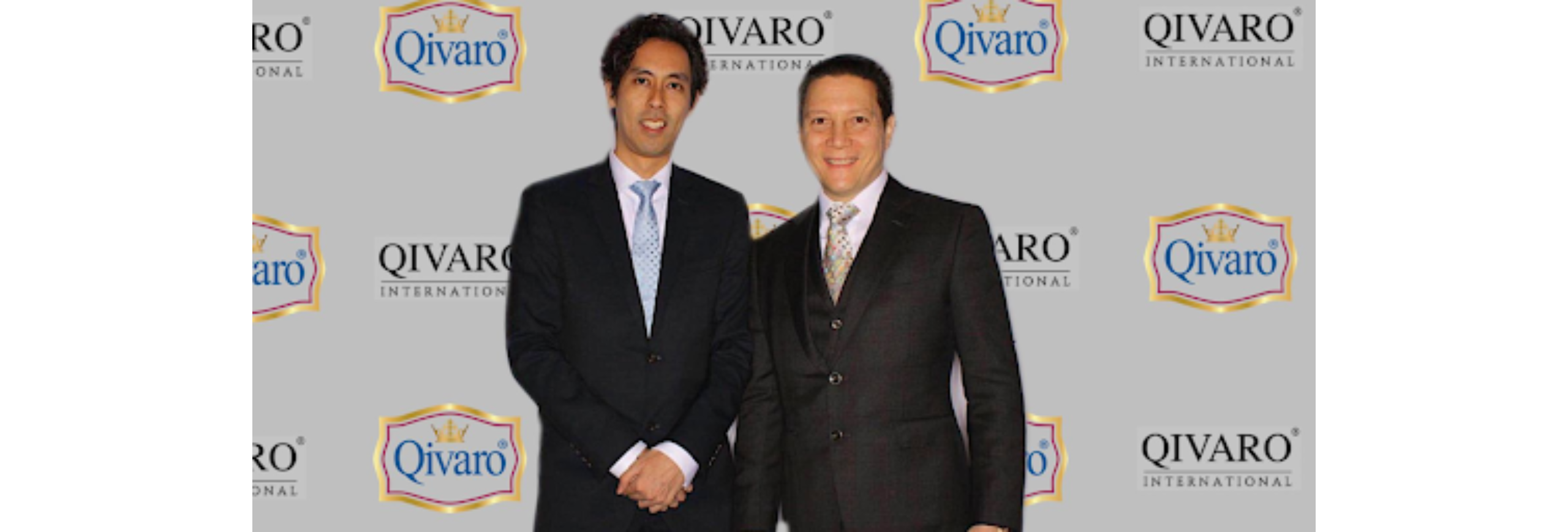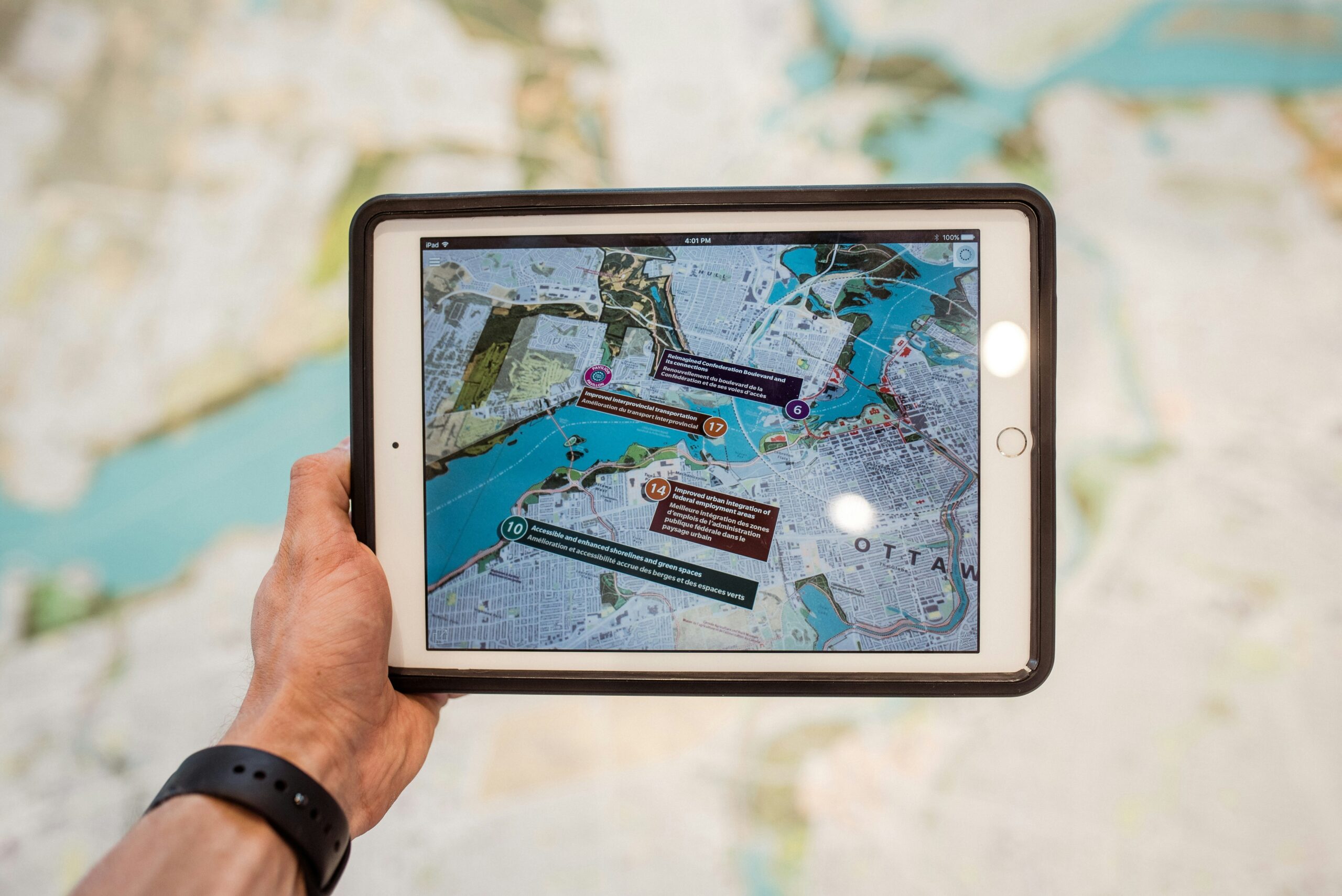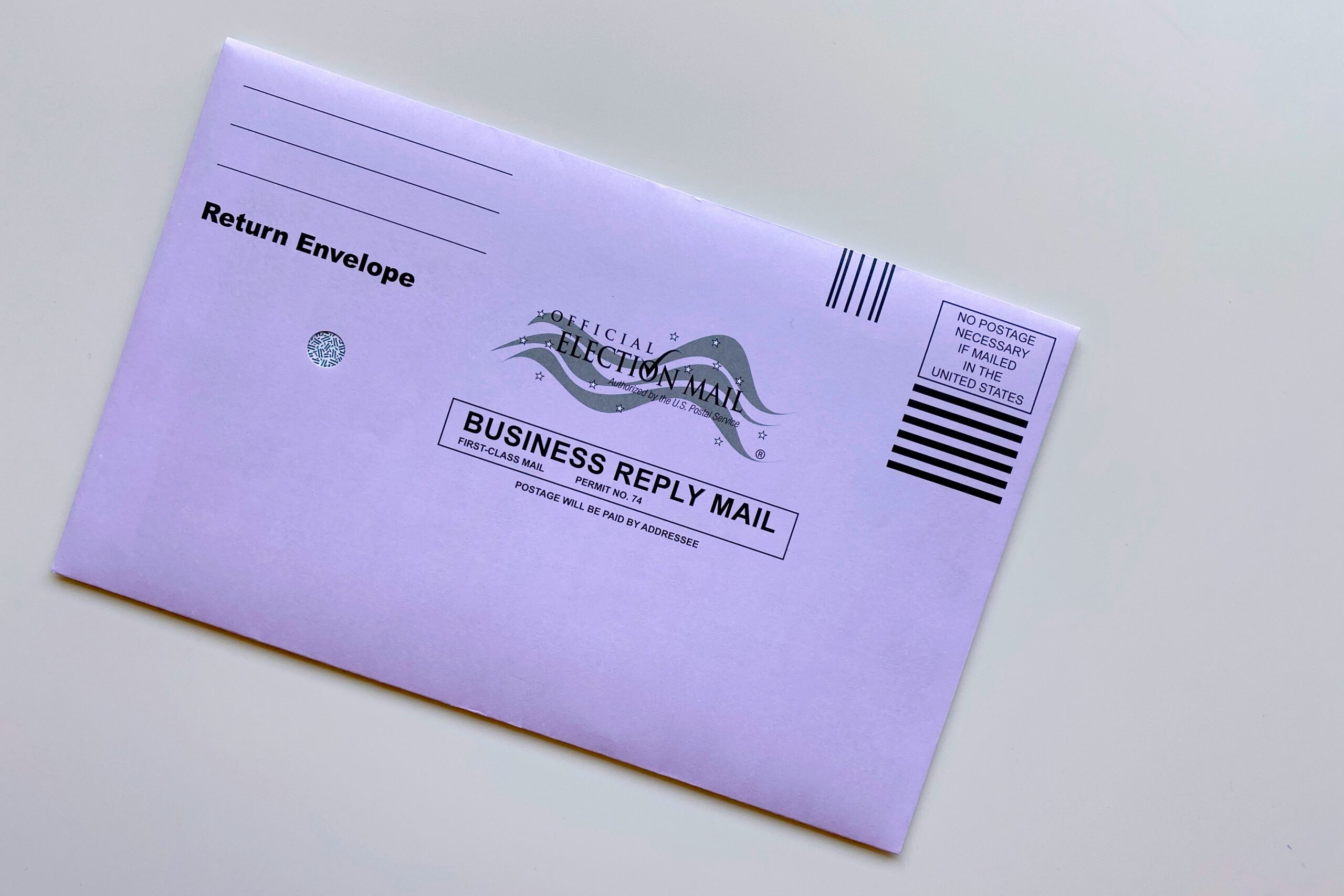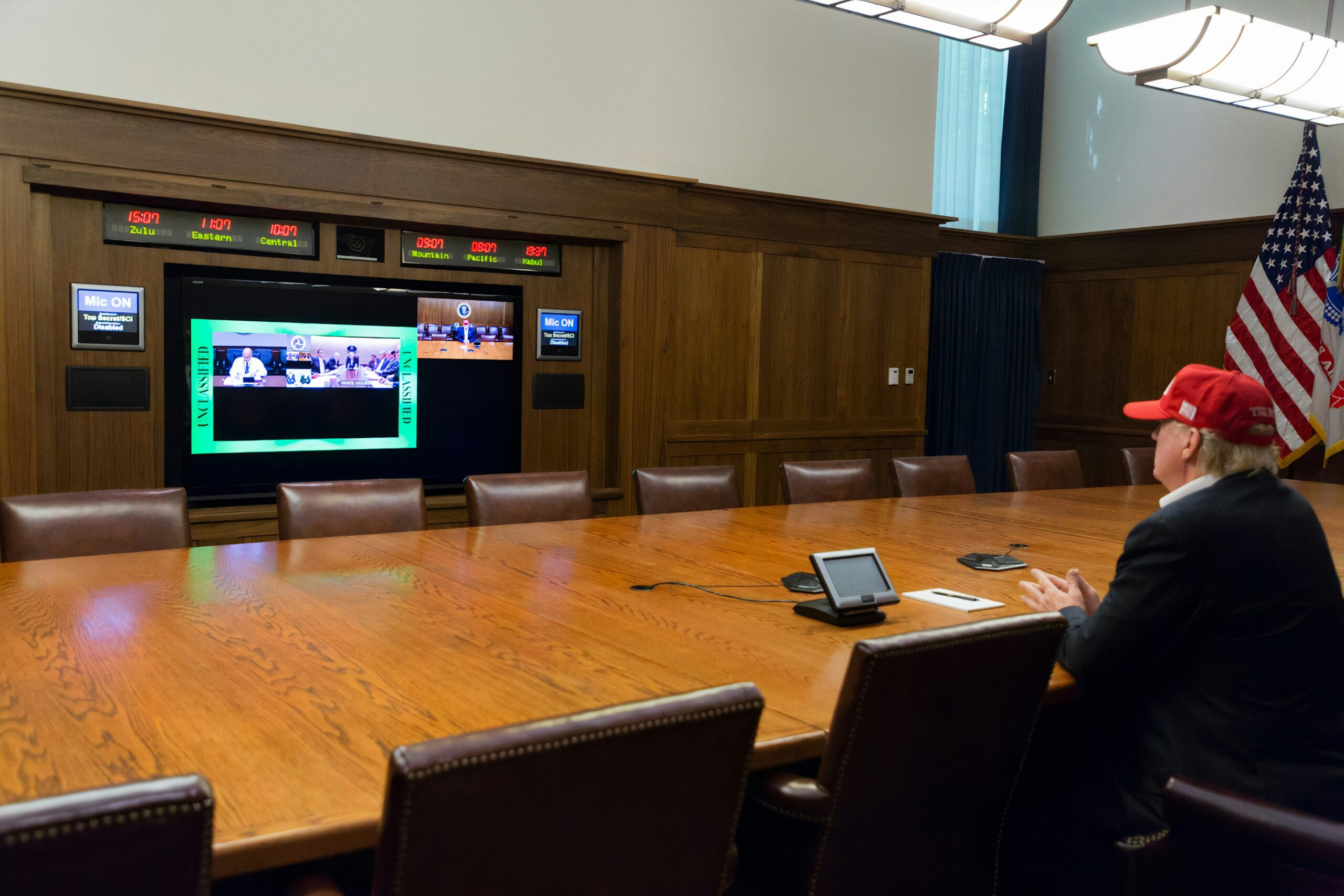Image credit: Unsplash
Sharmin Ali’s journey from her resilient upbringing in India to her influential career as a dominant New York-based serial entrepreneur is a modern parable of vision, hard work, and uncompromising ambition.
As a founder, CEO, and mental health advocate, Ali’s approach to business intertwines tenacity with empathy, shaped by a unique synthesis of Eastern resilience and Western innovation. “Growing up in India instilled in me a strong sense of resilience, resourcefulness, and the importance of community,” she reflects. “Living in New York exposed me to the fast-paced, ambitious world of global business. It reinforced the idea that innovation and bold thinking can drive impactful change.”
Ali’s influence on the tech landscape is indisputable. With over $200 million raised in venture funding, several companies founded, and more than 10,000 jobs created, she has solidified her standing as a global leader.
Her latest endeavor, PiePie.AI, exemplifies her commitment to democratizing ad technology in an era where personalization has become paramount.
“PiePie.AI was born out of a recognition of two major trends: the explosion of video content consumption and the growing demand for personalization in advertising,” Ali notes. In the age of platforms like TikTok, Instagram, and YouTube, Ali identified an unfulfilled need for brands to connect with audiences on a granular level. “What excites me most about PiePie.AI is how it empowers brands to keep up with the dynamic nature of consumer preferences, allowing them to be more agile and creative with their ad strategies.”
For Ali, PiePie.AI is more than a technological endeavor—it’s a movement toward creating more meaningful digital connections that enhance consumer engagement.
However, Ali’s vision extends far beyond technology. Her approach to leadership emphasizes cultivating strong teams and fostering an environment where innovation and well-being are symbiotic. “Building and scaling multiple startups has taught me that team-building and leadership are at the core of any successful venture,” she explains. For Ali, purpose transcends skill, and the necessity of a shared vision is paramount to cultivating effective teams. “Cultural fit and shared purpose are what drive a team forward, especially during tough times,” she asserts, emphasizing that empowerment, not micromanagement, fosters a dynamic and productive work environment.
Ali’s experience has shown her that a team united by core values can navigate challenges with resilience, allowing individuals to take calculated risks, embrace setbacks, and focus on continuous improvement.
In addition to innovation, Ali is also an ardent advocate for adaptability—another core message in her keynote addresses to audiences worldwide, including those of Fortune 500 companies. “In today’s fast-paced environment, success is not necessarily about being the smartest or having the most resources,” she explains. “It’s about how quickly you can adjust, learn, and pivot when faced with challenges.” For Ali, mental flexibility and an openness to failure are essential to entrepreneurial success and represent an evolution in the classical approach to business resilience.
Her commitment to mental health is further exemplified through her Sharmin Ali Foundation for Entrepreneurs (SAFE), which offers critical support to entrepreneurs navigating the pressures of the startup world. Through SAFE, Ali is helping to destigmatize mental health discussions within the business landscape, encouraging founders to see vulnerability as strength. For Ali, mental resilience is not merely a professional strategy but a personal lifeline, refined through her own journey of highs and lows. “I’ve learned that setbacks and failures are inevitable, but they don’t define the journey—they shape it,” she observes. Ali’s mental health advocacy extends to her personal life, where practices like meditation and prioritizing rest have become central to her well-being and focus.
For startup founders seeking investment in today’s challenging economic environment, Ali advises a focus on traction, early relationship-building, and compelling storytelling.
“Investors want to see that your idea isn’t just a concept but has real market demand,” she advises. Beyond numbers and projections, Ali encourages founders to make their pitch deeply personal. “Investors are not just buying into your product; they’re buying into your vision,” she adds, underscoring the importance of transparency. “Be open about the challenges you’ve faced, the lessons learned, and your roadmap for growth,” she says, noting that transparency is particularly important in an environment where investors are increasingly risk-averse.
Ali’s latest enterprise, Establish.club—described as a “Harvard for CEOs”—redefines entrepreneurial education with a combination of elite instruction and real-world applicability. “There is a growing need to provide entrepreneurs with resources that don’t just focus on theoretical knowledge but practical, actionable guidance,” she explains.
Establish.club is Ali’s response to this gap, offering a platform for entrepreneurs to access high-level instruction previously reserved for the elite, underscoring her commitment to accessibility. By creating Establish.club, Ali is providing founders with essential tools to navigate the complex challenges of scaling their ventures, all while fostering a culture of learning that emphasizes both purpose and strategic adaptability.
Her forthcoming book, “BITCH, STOP! PLEASE..”, explores the mental and emotional challenges of entrepreneurship—territory that she believes is often eclipsed by more glamorous narratives of success. “While there’s a lot of focus on the excitement of startups, the personal sacrifices, stress, and moments of self-doubt are often glossed over,” she reflects. Through this work, Ali aims to destigmatize discussions around mental health within entrepreneurial circles. “Success doesn’t have to come at the cost of your well-being,” she says, urging entrepreneurs to balance ambition with self-care.
Ali’s approach to balancing a high-stakes career with mental well-being has influenced her leadership style, which prioritizes a culture of psychological safety. She believes that “employees should feel comfortable taking risks, proposing bold ideas, and even failing without fear of judgment.” By fostering open communication and flexible work environments, Ali’s companies achieve both high engagement and productivity. “Innovation and employee well-being are not at odds—they’re symbiotic,” she explains. Her leadership, blending empathy with high expectations, has proven essential in sustaining momentum and creativity within her teams.
Looking to the future, Ali sees her next challenge as scaling her businesses with a sustained focus on mental health and purposeful growth. “As my businesses evolve, the complexity of managing multiple ventures increases, and balancing that with personal well-being will be critical,” she acknowledges. Yet, as with every challenge she has faced, Ali is poised to meet this one head-on, striving to create a business model where innovation, resilience, and well-being not only coexist but drive one another.
Written in partnership with Tom White













































































































































































































































































